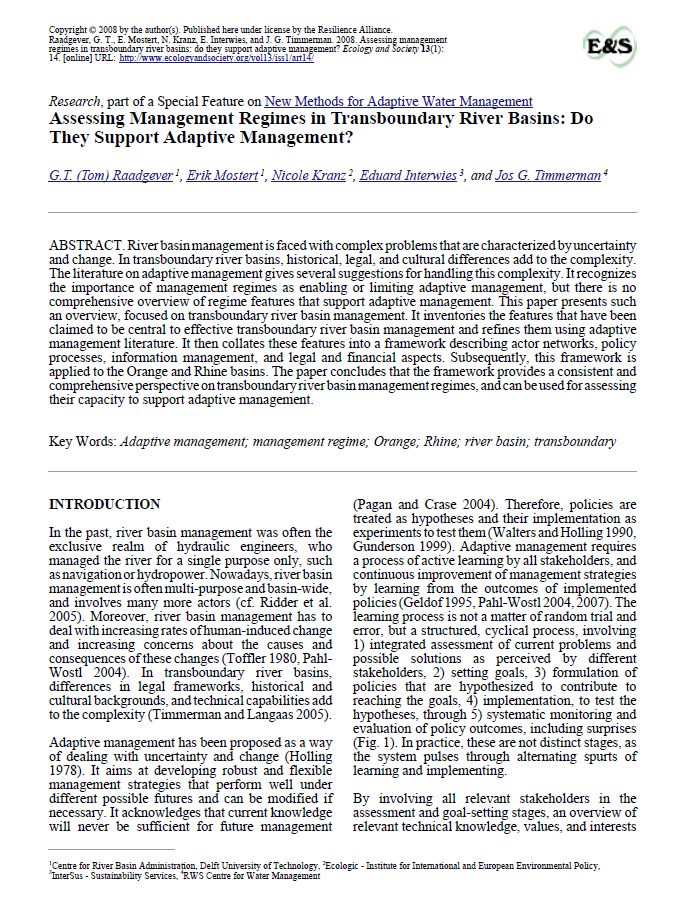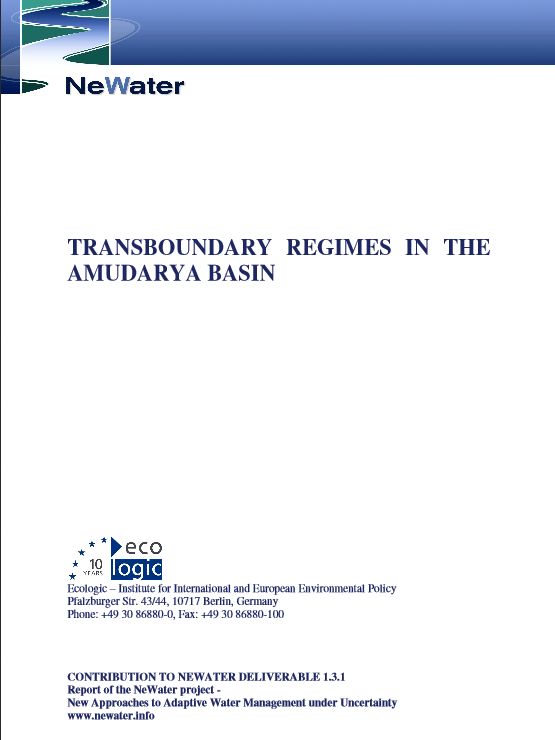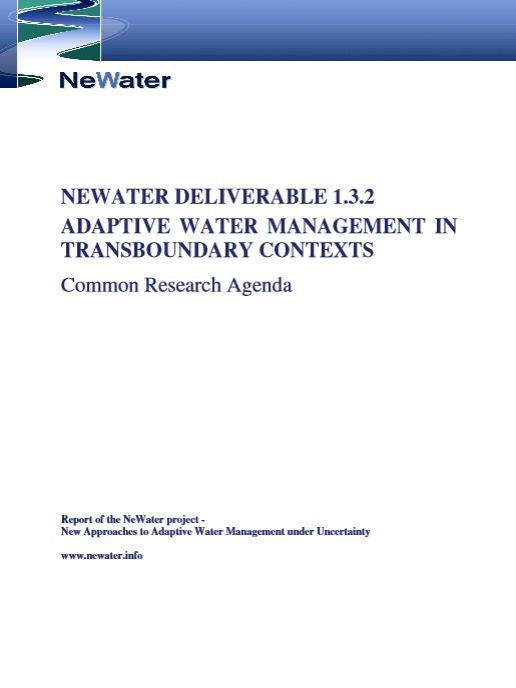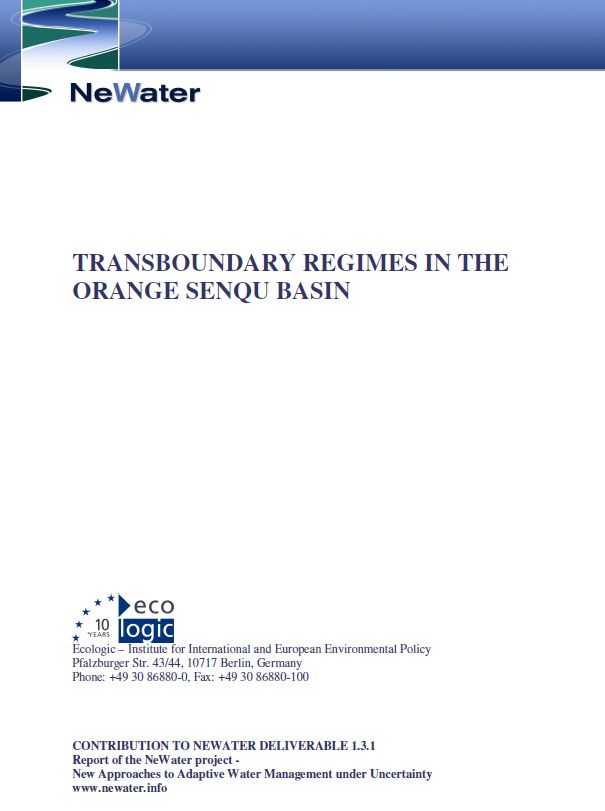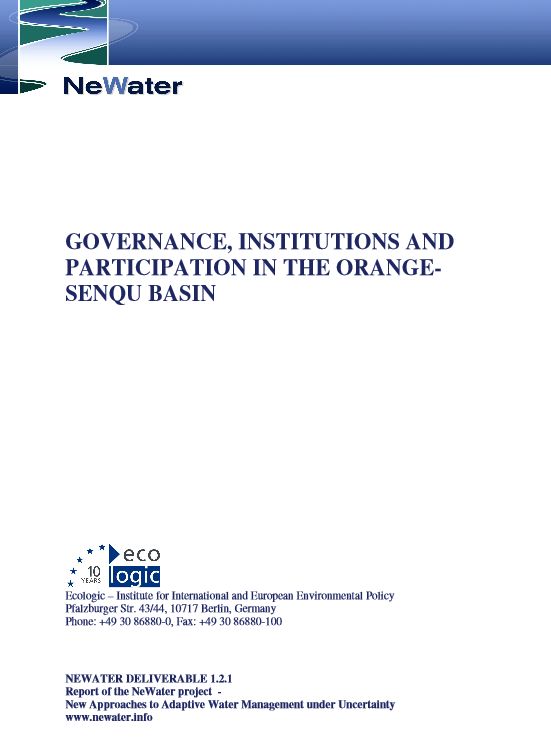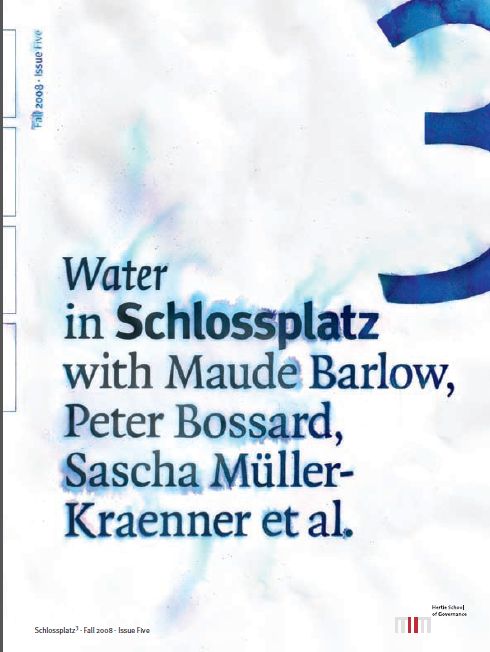
A River Runs Through It
Transboundary Water in the Amudarya Basin
- Publication
- Citation
Kranz, Nicole; Holger Gerdes and Cornelius Laaser 2008: “A River Runs Through It: Transboundary Water in the Amudarya Basin”. Schlossplatz³, Vol. Fall 2008, No. 5, 13-15.
Looking at the Amudarya river basin in Central Asia, Ecologic Institute's Nicole Kranz, Holger Gerdes and Cornelius Laaser elaborate in this article on how the NeWater project assists with the development of new water governance tools in transboundary river basins. The article was published in the Fall 2008 issue of Schlossplatz³ by the Hertie School of Governance.
The main challenges to sustainable water management today are water pollution and scarcity, occurring on all levels, from the local to the transboundary. As has become clear in recent years, both are increasingly driven by global environmental developments. Important drivers are climate change and population dynamics, as well as economic factors. This situation calls for a flexible water management approach.
In that respect, transboundary river basins pose a particular problem. Firstly, access to water is determined by power asymmetries between riparian states. Secondly, local conflicts over water management are even more knotty at higher, transboundary levels, as uncertainties regarding water management options and strategies increase.
The EU-funded NeWater project, a joint effort of more than forty international research institutes, aims to advance the understanding of adaptive water management in different national and regional contexts. It develops and applies tools to establish a new water management paradigm. The Amudarya basin is one of several case studies where this water management paradigm was tested.




